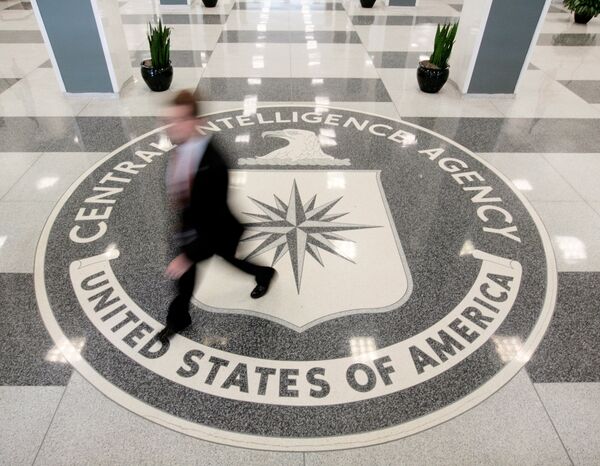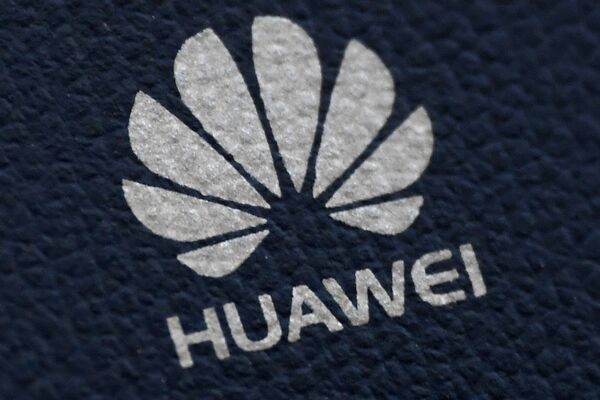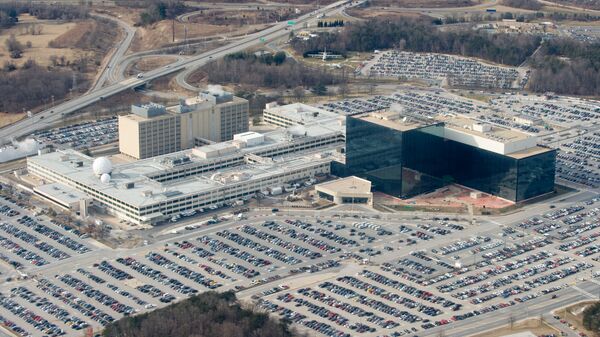The United States is the world’s biggest cyberspy and can be described as an “empire of hackers", Chinese Foreign Ministry spokesman Geng Shuang has said.
“The facts have once against shown that the United States is the largest state eavesdropper in international cyberspace and an empire of hackers in the full sense of the term. Their wiretapping activities have reached a level of real thuggishness, lawlessness, and mayhem", the spokesman said, speaking to reporters on Monday.
Geng’s remarks come in the wake of a report by The Washington Post last week revealing that Swiss encryption device manufacturer Crypto AG was secretly owned by the CIA, the NSA, and West German spy agency BND for many decades, giving them the ability to spy on countries ranging from India, Pakistan, and Iran to Latin America and the Vatican.

Sanctions 'Mistake'
Geng also commented on sanctions introduced last week against six Chinese companies over their alleged violations of US legislation regarding the non-proliferation of weapons of mass destruction. The spokesman noted that China “strongly opposes unilateral sanctions and the principle of extraterritorial jurisdiction which the US is using on the basis of its national laws".
“We urge the US to correct this mistake as soon as possible and to lift the sanctions", the spokesman said.
On Thursday, the US State Department announced that about a dozen Chinese, Russian, Iraqi, and Turkish companies, entities and individuals had been targeted by US sanctions over their alleged violation of non-proliferation measures against Iran, North Korea, and Syria. The targeted entities included three Russian arms makers. The US State Department did not clarify which specific non-proliferation measures the entities supposedly "violated".
US-China Tech War Intensifies
Geng’s remarks on the extent of US cyberspying worldwide come in light of an intensifying conflict between the US and China regarding the alleged systematic theft of US intellectual property by Chinese companies. On Sunday, The Wall Street Journal reported, citing sources, that the Trump administration may deny export licenses allowing General Electric to sell aircraft engines to a Chinese aerospace company amid fears that China may try to reverse-engineer the components.
Before that, the Trump administration attempted to pressure its British allies not to allow Chinese tech giant Huawei to take part in the construction of the UK’s 5G communications infrastructure, citing fears that it may threaten intelligence-sharing cooperation between the Five Eyes Alliance (which includes the US, the UK, Australia, Canada, and New Zealand). Prime Minister Boris Johnson allowed Huawei to take part in the construction of Britain’s 5G anyway after being briefed on the matter by the National Security Council.

Last week, a US court slapped Huawei and two of its subsidiaries with criminal charges, accusing the tech giant of the systematic theft of intellectual property from half a dozen US companies over the course of nearly two decades. Huawei dismissed the claims as “utter nonsense". Despite the criminal case, Washington also announced last week that it would extend exemptions allowing US tech companies to continue doing business with Huawei, nearly ten months after the company was blacklisted over its alleged threat to US national security and claims of backdoor capabilities said to allow the Chinese government to spy on users of Huawei devices.


